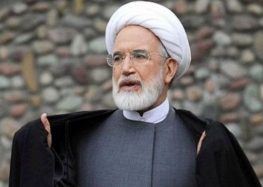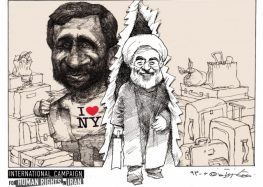Ministry of Oil
 Carcinogens in the fuel produced in Iran
Carcinogens in the fuel produced in Iran
Recommendations
Carcinogens in the fuel produced in Iran
The air pollution in Tehran has reached lethal levels. According to Hassan Aqajani, an advisor to Iran’s Health Minister, air pollution caused 4,460 deaths in Tehran in the Persian calendar year 1390, spanning March 2011 to March 2012. The production of low-grade gasoline, which is high in carcinogens and poses serious respiratory and cardiac risks to the citizenry, is a major contributor to the problem. The director of Tehran’s air quality monitoring services, Youssef Rashidi, noted that the level of carcinogens in Iranian-produced gasoline is more than double that recommended by international standards. “Based on Euro 4 standard the amount of carcinogens in petrol should be less than one percent but the level of our domestically-produced petrol is between two and three percent,” Rashidi said in remarks reported by Agence France Presse in January 2013.
Recommendations for the Oil Ministry:
- The Oil Ministry must end the production of low-grade gasoline and expedite conversion to production of higher-grade gasoline compliant with Euro 4 and 5 standards to fully cover the estimated 60 million liters (nearly 16 million gallons) of gasoline the country produces daily. In addition, Rouhani’s cabinet should propose a law to reduce the fuel subsidies that are encouraging wasteful consumption of gasoline and causing dangerous levels of air pollution in Iran’s major cities, many of which are rated by UN bodies as among the most contaminated in the world.






